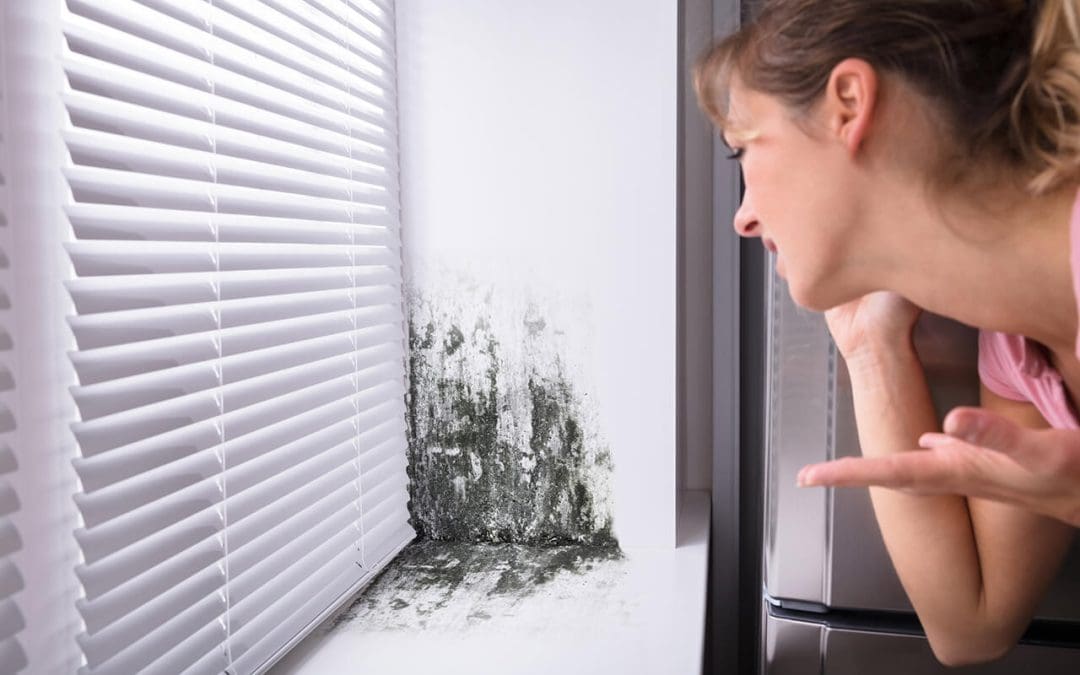Mold growth in homes is a common issue that can lead to health problems and damage to your property. Understanding the causes of mold can help you prevent it and address issues before they become severe. Let’s explore the primary factors that contribute to mold growth.
Main Causes of Mold in the Home: Excess Moisture
One of the primary causes of mold is excess moisture. Mold thrives in damp environments, so any area in your home that retains moisture is a potential breeding ground. Common sources of excess moisture include leaks in plumbing, roof, or walls. If these leaks are not addressed promptly, they can create conditions ideal for mold growth.
Bathrooms and kitchens are particularly vulnerable because of the high humidity levels typical in these areas. Ventilation is crucial to managing moisture levels and preventing mold.
Poor Ventilation
Proper ventilation is essential to reduce moisture and humidity in your home. Without adequate airflow, moisture accumulates, creating an environment conducive to mold growth. Homes with poor ventilation, such as those with inadequate exhaust fans in bathrooms or kitchens, are at higher risk. Ensuring that your home is well-ventilated can significantly decrease the likelihood of mold problems.
Water Damage
Water damage from a burst pipe, flooding, or severe weather can lead to mold growth if not dealt with swiftly. When water damages materials such as wood, drywall, or insulation, these materials can absorb moisture and become mold-friendly. It’s crucial to address water damage immediately by drying affected areas and replacing damaged materials.
Condensation
Condensation occurs when warm, moist air comes into contact with cooler surfaces. This process can lead to water accumulation on surfaces like windows, walls, and floors. Over time, this moisture can promote mold growth. To combat condensation, consider improving your home’s insulation and using dehumidifiers to control indoor humidity levels.
Inadequate Drainage Causes of Mold
Proper drainage around your home is vital to prevent mold growth. Poor drainage can lead to water pooling around your foundation or basement, increasing humidity levels and promoting mold growth. Ensure that gutters and downspouts function correctly and direct water away from your home. Landscaping and grading around your property should also direct water away from the foundation.
Organic Materials and Causes of Mold
Mold requires organic materials to grow. Common building materials such as wood, drywall, and insulation provide the nutrients mold needs. If these materials become damp, they can become a mold reservoir. Regularly inspect these materials for moisture signs and promptly address any issues to prevent mold infestation.
High Humidity Levels
High indoor humidity is another factor contributing to mold growth. Humidity levels above 60% can create an environment where mold spores can thrive. Dehumidifiers, air conditioners, and proper ventilation can help manage indoor humidity and reduce the risk of mold growth.
Regular inspections and prompt repairs are key to keeping your home mold-free. By understanding these causes and taking proactive steps, you can protect your home and health from the damaging effects of mold.
FAQ
What are the health risks associated with mold?
Mold can cause various health problems, including respiratory issues, allergic reactions, and irritation of the eyes, skin, and throat. People with asthma or weakened immune systems may be more susceptible to these effects.
How can I prevent mold in my home?
To prevent mold, control moisture levels by fixing leaks, ensuring proper ventilation, using dehumidifiers, and managing indoor humidity. Regularly inspect your home for signs of water damage and address issues promptly.
How do I remove mold if I find it in my home?
Small areas of mold can often be cleaned with soap and water or a mixture of water and vinegar. For larger infestations, it’s advisable to consult a professional mold remediation service to ensure thorough removal and prevent future issues.
When should I call a professional for mold issues?
If you encounter extensive mold growth, persistent moisture problems, or mold in hard-to-reach areas, it’s best to seek professional help. Professionals have the expertise and equipment to handle significant mold issues safely and effectively.
SC Property Inspections provides professional inspection services to the Lowcountry of South Carolina. Contact us to request an appointment.

